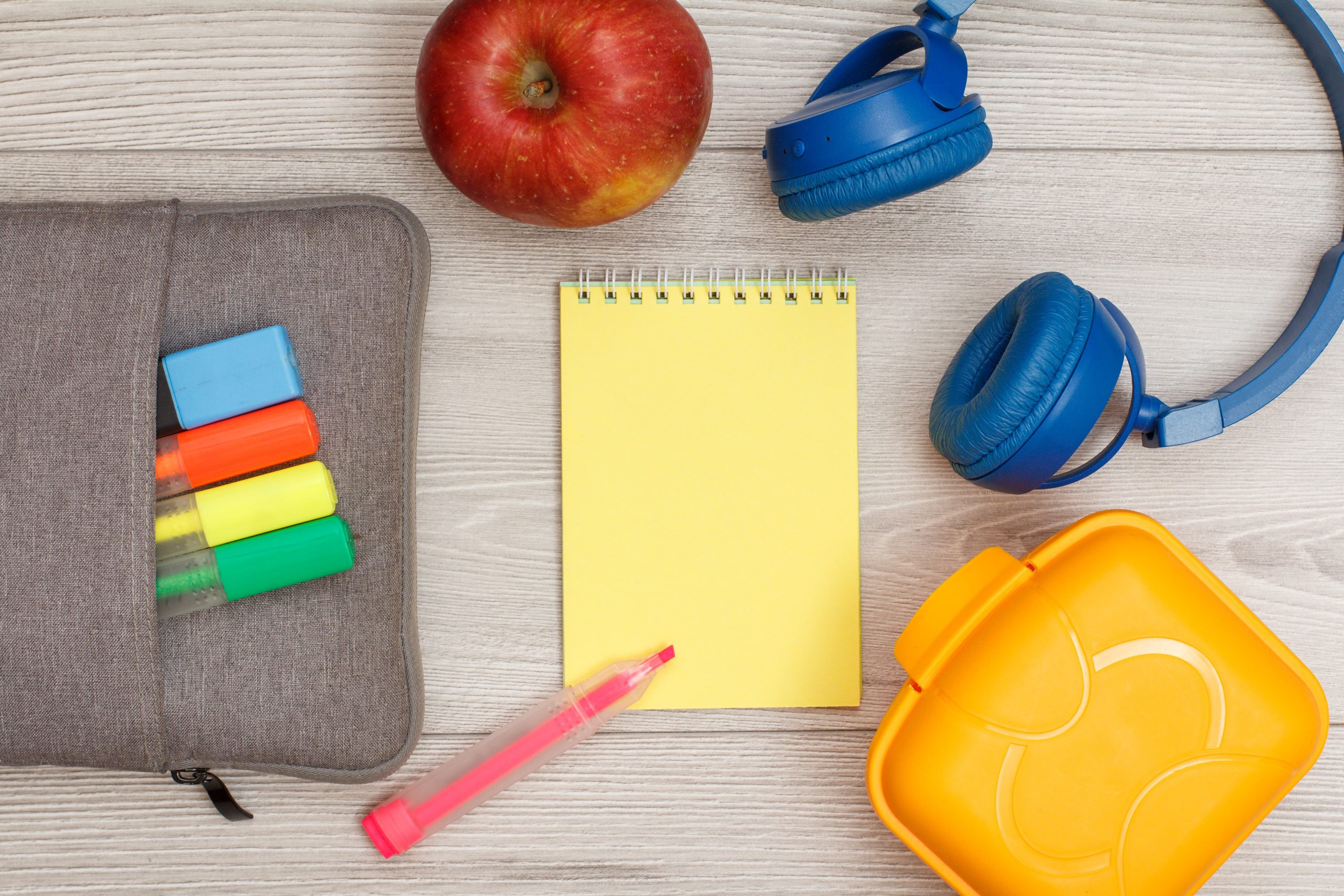How to Stay Sober and Do Well in School
You can definitely go to school and be sober at the same time, but you have to treat your recovery like a lesson you never skip. The goal isn’t to be flawless; it’s to keep going. You can gain credits, keep your mental health in check, and stay on track for a long time if you have the correct structure, supports, and coping mechanisms.
Why Being Sober Makes School Easier (Not Harder)
When you stop using drugs, your sleep, concentrate, and energy levels get better over time. That makes it easier to pay attention in class, learn more effectively, and meet deadlines. The most important thing is to develop a pattern that keeps those gains safe when stress, social pressure, or late nights come up.
Make a schedule that puts class first and recovery first.
- Set regular times for waking up, studying, going to class, eating, and winding down. Put them on your calendar like classes; you can’t change them.
- Do your hardest work first: Read, do labs, or write at your most focused time, which is usually in the morning. Put off admin jobs or posts for later.
- Use blocks of 50 and 10: Study for 50 minutes, then take a rest for 10. Don’t scroll during breaks. Instead, stand, breathe, drink water, and stretch.
- Protect sleep: Try to go to bed and wake up at the same time every day. A regular sleep schedule is better than cramming at 2 a.m. and lowers the likelihood of recurrence.
Choose Classes and Loads that Help You Get Better
If you’re just starting to become sober or going back to school, think about taking 12 to 15 credits instead of the full 15. Take both intensive reading and applied or lab classes. If evenings are hard for you, pick daytime sections. Set regular “show up” times and study sessions with a friend or tutor where you have to have your camera on to make sure you stay on track.
Create a Study Space That Is Sober

- Pick places that match your energy: quiet areas for deep concentration and busy commons for group work. Stay away from places you’ve used before.
- Make a small kit including a water bottle, a protein snack, noise-canceling headphones, index cards, a highlighter, and one stress item, such putty, a ring, or a worry stone.
- Set app limits: Use site blockers while you study and turn off alerts that aren’t important.
Use Campus Resources Early, Not When Things Go Wrong
- Disability/Accessibility Services: If your concentration, anxiety, or sleep is affected, ask for reasonable accommodations like help with taking notes, more time to take tests, or testing rooms with fewer distractions.
- Counseling Center / Recovery Services: If you can, join a collegiate recovery program (CRP). Meetings, study groups, and sober events are all important.
- Academic Success Center: book regular appointments now, not before finals, for writing labs, tutoring, and time-management coaching.
- Professors and Syllabi: In the first week, send your teachers an email with your plans for office hours and due dates. If you need an extension or a make-up, it’s easier if you talk to them early.
Don’t lose friends while you deal with social pressure.
- Get ready with a short line like “I have an early lab,” “I’m on a health kick for the semester,” or “I don’t drink, but I’m still down to hang.”
- Give other options: Offer coffee walks, intramural sports, study groups, art nights, and volunteer hours.
- Get there on time: Make plans to go before you get too tired or feel like you’re missing out. Take charge of your own transportation so you may leave when you need to.
Manage Triggers on and off Campus
- Do a HALT scan twice a day (Hungry, Angry, Lonely, Tired). Take care of the first one you see.
- Micro-resets: Take three minutes to breathe slowly while exhaling, walk quickly around campus, or do ten push-ups before starting a hard assignment.
- Plan of action: Name three individuals you can text, one meeting you can go to in the next 24 hours, and one safe place to go if you are upset.
When you’re not motivated, study smarter.
- Begin small: five lines, five flashcards, and five minutes. Momentum is more important than emotion.
- Change tasks, not goals: If you’re having trouble reading, make an outline. If you’re having trouble outlining, quiz yourself.
- Teach it so it can learn: Talk about the idea to a classmate or record it on a voice memo. Gaps show up quickly, and memory sticks.
Eat, Move, and Light
- Eat protein and fiber for breakfast to help you stay focused. Bring a snack to keep you from going to the vending machine.
- Get some sunlight within an hour of waking up to set your body’s schedule; walking for 10 to 15 minutes between sessions helps you remember things.
- Drink water like it’s part of your grade.
Tech That Works (If You Keep It Simple)
- Blocks on the calendar for class, recovery, meals, and sleep.
- A to-do app that only lets you add three “must-do” tasks each day.
- A focus timer that can be locked for 50/10 cycles.
- Apps that limit distractions for social media while you study.
When to Change Your Course Load
Talk to your advisor about a withdrawal, pass/fail, or incomplete if your cravings go up, your sleep goes down, or your anxiety goes up for more than two weeks. This isn’t a failure; it’s a strategic reset. There are rules in place to protect students who are doing what you’re doing: putting their health first so they can succeed in the long run.
If you drive to work or take the bus
- Put classes together on fewer days to make the transition less stressful.
- Listen to rehab podcasts or recorded lectures on your way to work.
- Give one person who can help you eat, sleep, and go to meetings a copy of your schedule.
Finals Week Without the Spiral
- For each class, write down the themes, study actions, office hours, and exam date on one sheet.
- Practice under test conditions: set a timer, turn off your device, and sit at the same workstation.
- Every night, protect a firm stop. Sleep is better than another hour of fog.
Your support network is part of the course.
Let two people know what you plan to do each week and one evidence that you’re not doing it (skipping breakfast, isolating, or doom-scrolling). Tell them to text you if they see it. Think about meeting with a counselor or recovery mentor once a week. Short, regular check-ins will help you stay ahead of stress.
A List of Things to Do Each Week
- 2–3 study blocks for each class
- 1 office-hours meeting or tutoring session
- 2 recovery sessions or peer supports
- 7 nights of sleep in your target window
- 1 enjoyable, sober plan that you really want to do
The Bottom Line
You don’t have to pick between being sober and going to school. Make recovery your foundation, not an extra. Build your semester around stability by getting enough sleep, having a routine, getting support, and having tiny wins every day. You can get your degree one solid week at a time, just like you can get better over time.




